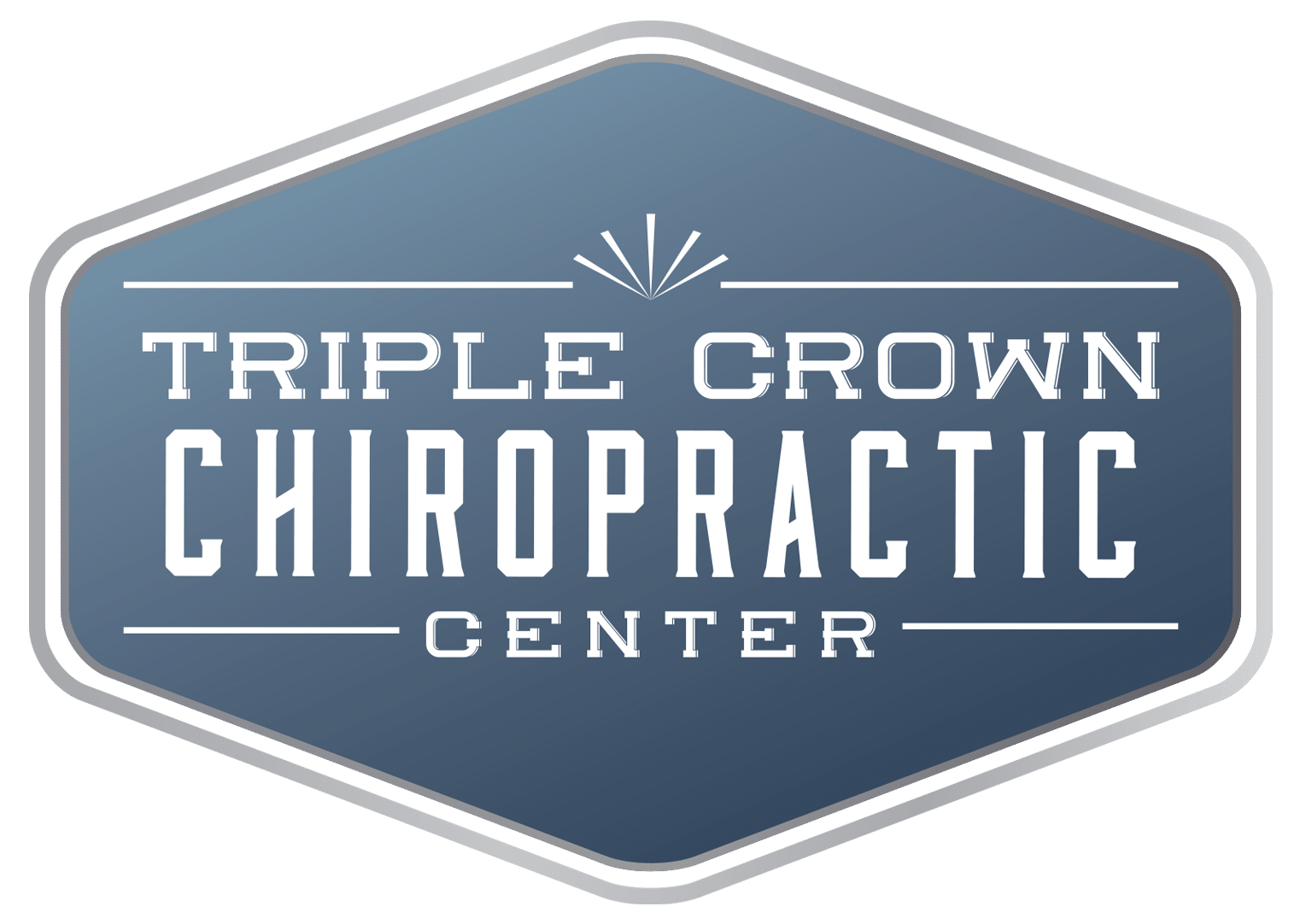Nothing is worse than suddenly suffering a headache or migraine in the middle of your day. It can be debilitating to do anything when you have either, especially if you are a senior. As with age and the usual physical wear and tear, there are many possible causes of headaches and migraines in older adults. It could be due to their medications, sensory changes, or stress. So before you see a chiropractor for headaches, it is important to comprehensively understand these causes to develop an effective treatment plan.
Headaches vs. Migraines
Headaches are mild pains or discomforts in the head, neck, or face. It can be dull, sharp, or throbbing. The kinds of headaches you can suffer from include:
- Tension headaches are a type of headache that is caused by stress, muscle strain, and anxiety. They are often described as a feeling of tightness or pressure around the head.
- Cluster headaches are severe headaches on one side of the head, often in clusters with headache-free periods.
- You may also experience other allergy or sinus symptoms if you suffer from sinus headaches. Sinus headaches are usually caused by inflammation in the sinuses, which can be due to an infection, allergies, or other irritants.
Conversely, migraines are a type of headache often accompanied by additional incapacitating symptoms like:
- Nausea.
- Vomiting.
- Sensitivity to light and sound.
- Momentary vision loss.
- Pain behind an eye or ear.
These initial migraine symptoms may also be accompanied by:
- Brain fog.
- Spots, unusual lines, or flashing lights in one’s vision.
- Facial or hand tingling or numbness.
- Heightened senses of smell, taste, or touch.
How Can You Manage These Headaches?
Again, before booking an appointment with a chiropractor for headaches, it’s best to do the following, so you’re equipped with more information during your visit:
- Maintain a headache journal: If someone you know is having headaches more frequently than usual, it may be helpful to ask them to keep a headache journal. This will involve tracking when the headaches occur, what they were doing at the time, and any other relevant information. This can help you and the person you’re caring for to identify possible causes and patterns.
- Note your triggers: Certain smells, foods, and activities can trigger headaches or migraines. Identifying these triggers can help people adopt healthy habits and avoid potentially harmful habits. These can include:
- Abnormal sleep patterns.
- Alcohol.
- Anxiety.
- Bright lights.
- Caffeine.
- Dehydration.
- Loud noises.
- Potent smells.
- Stress.
- Weather changes.
- Avoid those triggers: Once you’ve noted down the triggers and the times they occur, you and your family must do everything they can to protect suffering senior household members from these phenomena. Yes, it will mean drastic lifestyle adjustments, but it’s worth avoiding the debilitation when a headache or migraine hits.
There’s no one-size-fits-all solution to managing headaches for seniors and loved ones. Depending on the severity and cause of the pain, a combination of medication and lifestyle changes may be necessary. As a caregiver, you’ll need support and assistance to help them stick to the plan. This includes monitoring their triggers, minimizing exposure, and maintaining a comfortable environment.
Conclusion
At Triple Crown Chiropractic, we understand that caring for a senior loved one can be challenging. However, we also know that with the help of our professional and experienced staff, you can guarantee the safety and comfort of your senior family member, even when you are not around. Our home care services for seniors in the Northern Kentucky area also include a chiropractor for headaches in Walton. Contact us today and learn how we help patients and their families.
